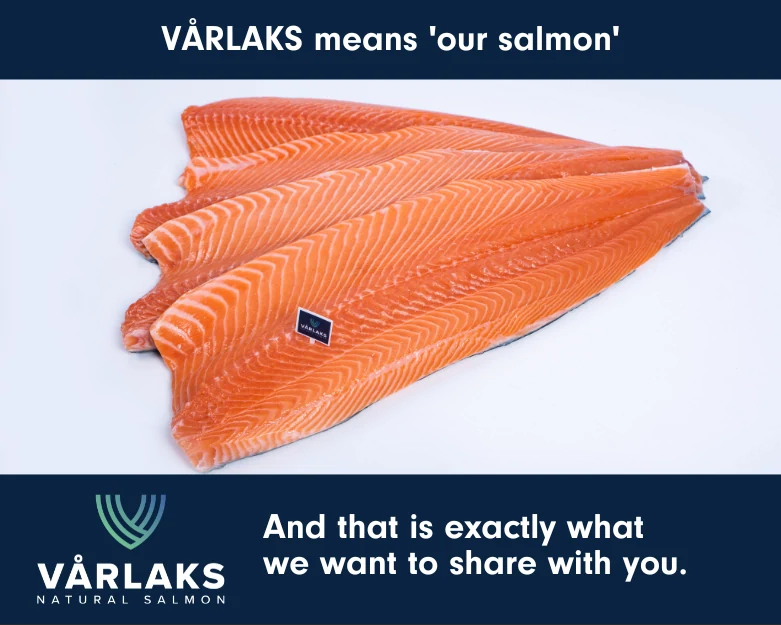Mowi has become one of the first aquaculture companies globally to have specific, SBTi-validated targets focused on greenhouse gas emissions originating from ‘forests, land and agriculture’.
The world’s largest producer of farmed Atlantic salmon, Mowi has announced the approval of its near-term and Forest, Land and Agriculture Science-Based Target-Setting Guidance (FLAG) targets.
FLAG is the world’s first framework for companies in land-intensive sectors to set science-based targets that include land-based emissions reductions and removals.
The Science Based Targets initiative (SBTi) FLAG Guidance offers a common, robust, science-based understanding on how much and how quickly a company needs to cut its land-related emissions in line with the Paris Agreement’s goal to limit global warming to 1.5°C.

The SBTi facilitates companies and financial institutions worldwide in combating the climate crisis by developing standards, tools, and guidance for setting greenhouse gas (GHG) emissions reduction targets aligned with limiting global temperature rise to 1.5°C.
Mowi’s targets include reducing Scope 1 and Scope 2 GHG emissions by 50.5% before 2030, Scope 3 GHG emissions by 27.5%, and Scope 3 FLAG GHG emissions by 33%.
Key requirements of the SBTi FLAG Guidance
- Set near-term FLAG science-based targets: 5-10 year emission reduction targets in line with limiting warming to 1.5°C.
- Account for removals in near-term FLAG science-based targets: Biogenic CO2 removals include things like restoring natural ecosystems, improving forest management practices, deploying silvopasture, and enhancing soil carbon sequestration on pasture and farmland. Read more on how the FLAG pathways address carbon removals here.
- Set long-term FLAG science-based targets: Companies with significant activities in the land and agriculture sectors will reduce at least 72% of emissions by no later than 2050. They should use the SBTi Net-Zero Standard to set long-term FLAG science-based targets.
- Zero deforestation targets must be set for no later than 2025: In line with the Accountability Framework initiative (AFi). Read more on how this guidance accounts for land-use change emissions here.
- Set science-based targets for fossil emissions: Businesses with land-based emissions are required to set FLAG science-based targets FLAG science-based targets AND energy/industry science-based targets, since all companies produce fossil emissions.









